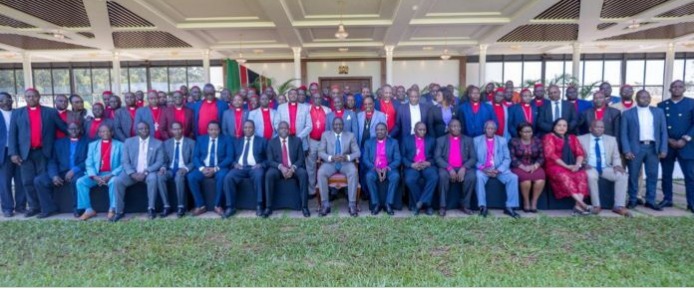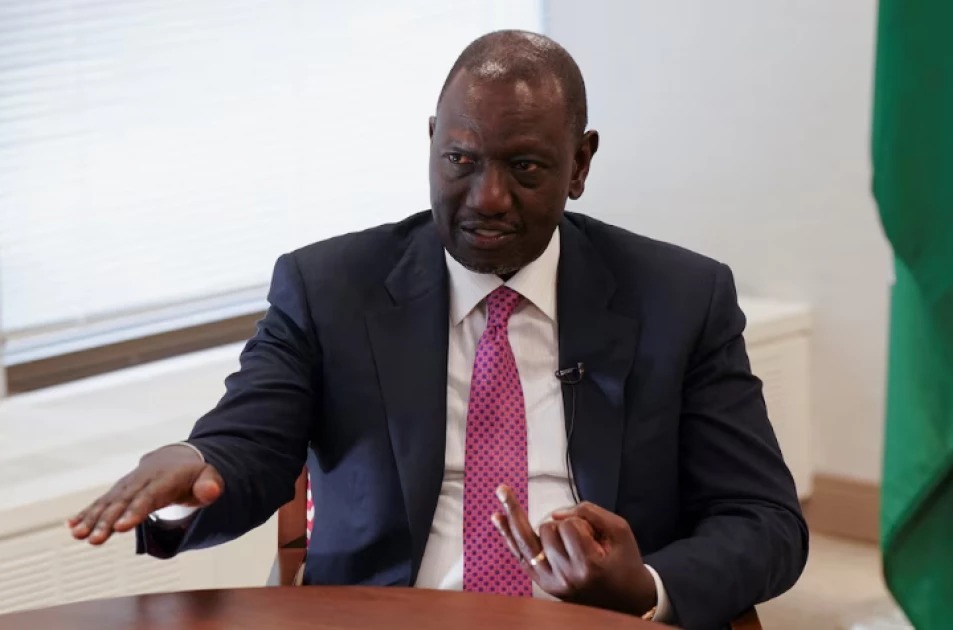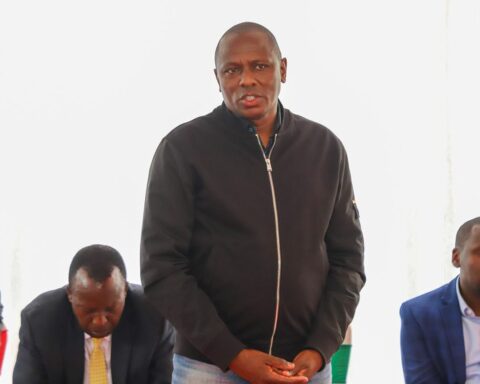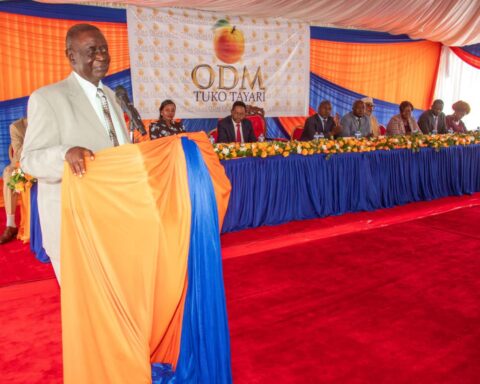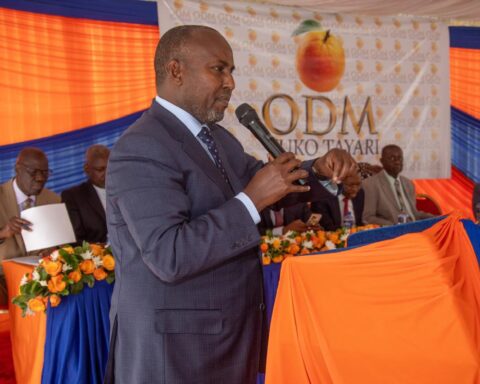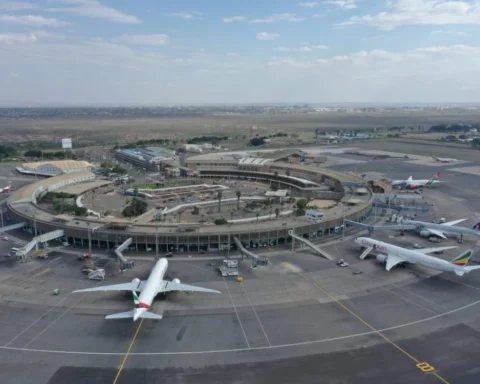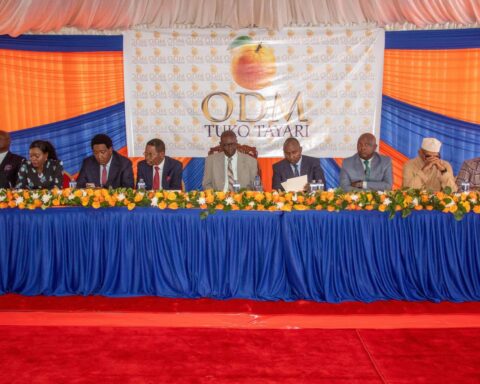A petition by Reverend Josiah Njiru, Chairman of the Association of Pentecostal Vocational Training Institutions of Kenya (APVTIK), has triggered sharp debate in the National Assembly over the regulation of theological colleges across the country.
In his petition, Rev. Njiru urged MPs to address the unchecked proliferation of Bible schools, theological colleges, and online ministry training platforms, particularly among Pentecostal, charismatic, and indigenous movements, many of which, he noted, operate without proper oversight.
“The lack of a standardised curriculum, questionable accreditation, diploma mills, and doctrinal confusion have become a growing concern,” he argued, warning that the absence of regulation undermined quality assurance, credibility, and the integrity of ministry. He further recommended the creation of a self-regulatory authority for Pentecostal and evangelical institutions.
The petition split MPs along differing lines of thought. Funyula MP Wilberforce Oundo admitted the issues were pertinent but remarked, “Historically, the religious community has resisted regulation to safeguard freedom in expressing their doctrines.”
Emuhaya MP Omboko Milemba questioned the motive, wondering whether it sought to create a monopoly or oligopoly of existing institutions. Kinangop MP John Njuguna also doubted the practicality of uniform teaching across the more than 200 theological institutions, citing doctrinal differences.
Others strongly supported the petition. Kilgoris MP Julius Sunkuli emphasized the duty of legislators to shield religion from exploitation, warning, “We cannot leave religion to the mercies of mediocre pastors with minimal training. How can the blind lead the blind?”
Tharaka MP George Murugara agreed with the idea of church-led self-regulation but stressed the importance of oversight on teachings given to congregants. Central Imenti MP Moses Kirima lauded the petition as timely, pointing to abuses of religion witnessed in tragedies like Shakahola.
